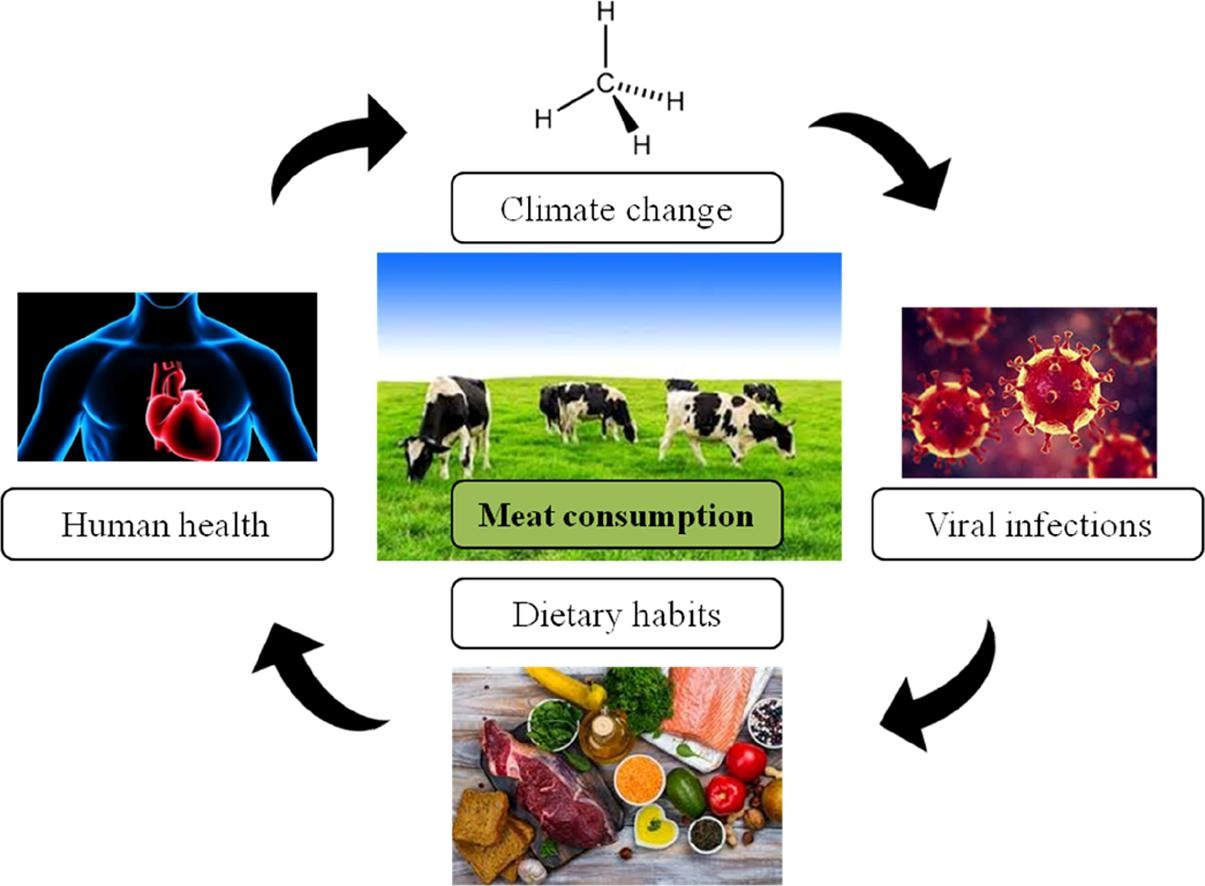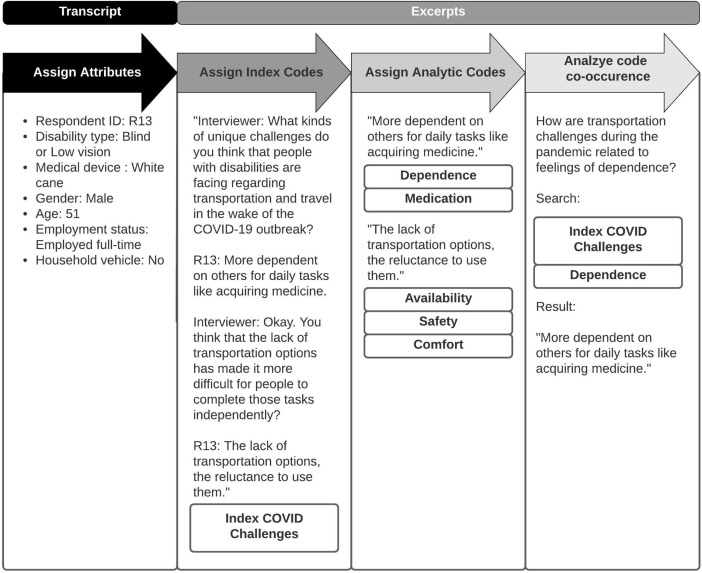December 3rd is the International Day of People With Disabilities (IDPWD). In support of this year's theme - 'Not all Disabilities are Visible' - Elsevier presents presents a curated, open access collection of over 50 journal articles and book chapters focused on spreading awareness and understanding of disabilities, many of which are not immediately apparent. This includes mental illness, chronic pain or fatigue, brain injuries, neurological disorders, learning differences and cognitive dysfunctions, among others.
Choy Yee Keong, Chapter 2 - The United Nations' journey to global environmental sustainability since Stockholm: An assessment, Editor(s): Choy Yee Keong, Global Environmental Sustainability, Elsevier, 2021, Pages 7-61
Global Food Security,
Volume 27,
2020,
100442,
ISSN 2211-9124,
https://doi.org/10.1016/j.gfs.2020.100442.


